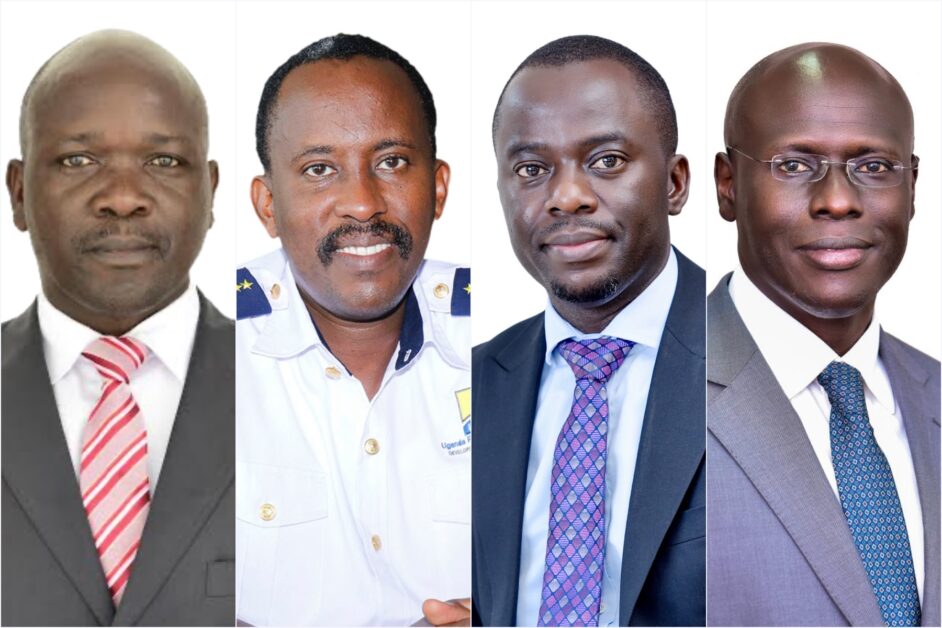On the 16th day of July 2024, Hon. Justice Stephen Mubiru of the High Court of Uganda’s Commercial Division delivered a controversial ruling reviving Crane Autos Limited. This company had…
EDITORIAL: Does Court have jurisdiction to resurrect a dead company?

LEFT-RIGHT: Hon. Justice Stephen Mubiru of the High Court of Uganda's Commercial Division; URA's Commissioner General, John Musinguzi Rujoki; Isaac Ssali Mugerwa, Partner at M/s Bluebell Legal Advocates and the Liquidator of Crane Autos Ltd and Nelson Nerima, Partner, Nambale, Nerima & Co. Advocates & Legal Consultants and lawyer for the other respondents in the case.
